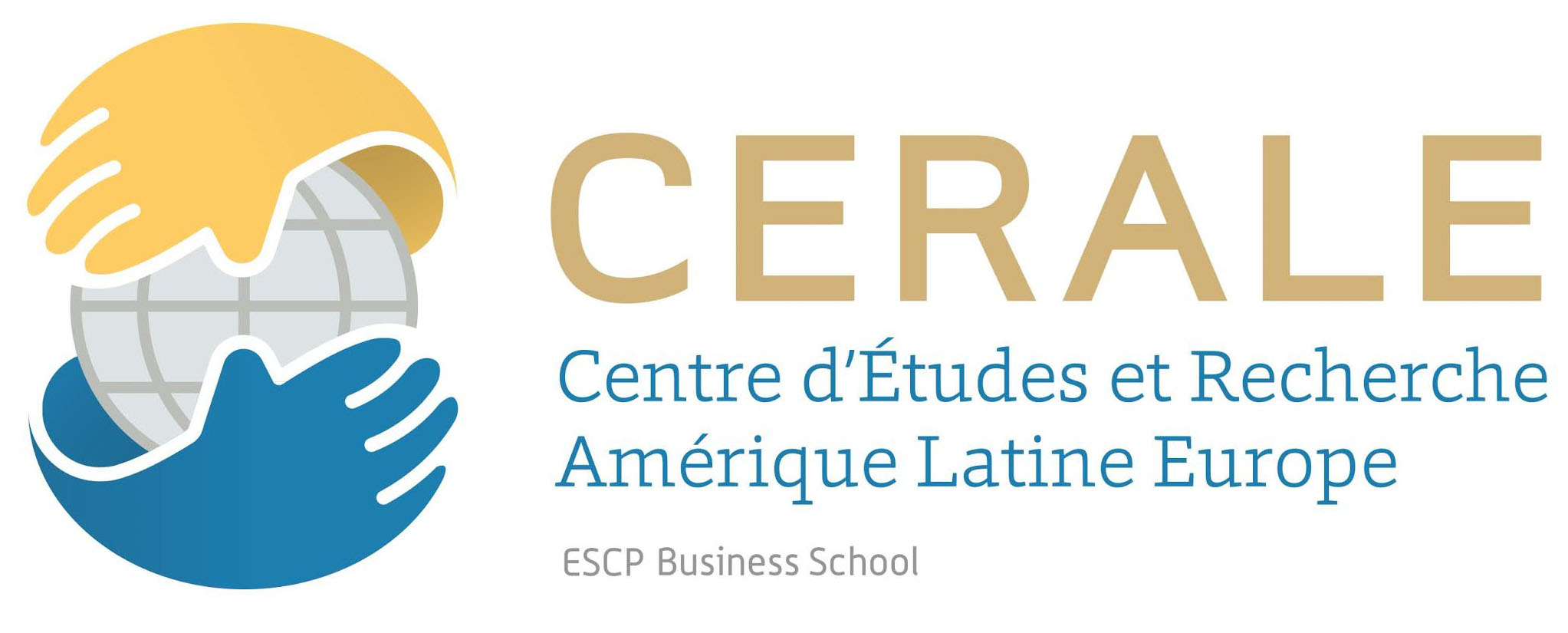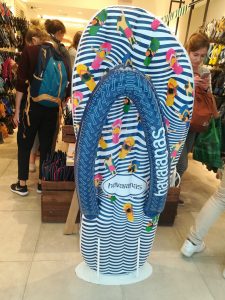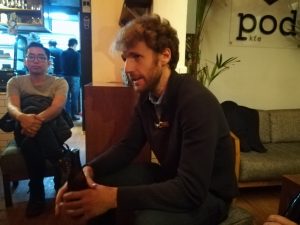A todos aquellos que están interesados en descubrir cómo es posible desarrollar negocios en Europa les informamos de la existencia de un nuevo MOOC, producido en y por ESCP Europe. Ver abajo.
We inform all those who are interested in discovering how it is possible to develop business in Europe of the existence of a new MOOC, produced in and by ESCP Europe.See below.
ESCP Europe business school launches a new MOOC (Massive Open Online Course) called ‘Doing Business in Europe’, starting on November 27, 2017.
The programme has been designed by Béatrice Collin, Professor in Strategy and International Management and Florence Pinot de Villechenon, Professor in International Affairs, specifically to teach international businesspeople how best to conduct business in Europe and with the Europeans.
The course will feature input from a dozen leading ESCP Europe faculty across marketing, supply chain management, finance, human resources and strategy, and as many experts who will share their experience. MOOC has a real international pedagogical dimension thanks to the sharing of experiences of 10 Alumni leaders and entrepreneurs. In San Francisco, Munich, Zurich, London, Beijing, Beijing and Paris, Alumni such as Jean-Jacques Bienaimé, CEO of BioMarin Pharmaceutical or Elisabeth Cazorla, Director of ready-to-wear clothing at Galeries Lafayette, shared their pragmatic and forward-looking experience of developing their activities in Europe.
The MOOC will be divided into 5 topics covering the key issues when doing business in Europe:
- Approaching European markets
- Innovating in Europe
- Investing in Europe
- Building the value chain
- Integrating diversity
Participants will benefit from ESCP Europe’s unique position as the world’s only pan-European business school with 6 campuses across the continent in Paris, London, Berlin, Madrid, Turin and Warsaw.
By the end of the programme participants will be better equipped to design and scale a European business strategy.
Beatrice Collin says “Doing business in Europe is complex, but as a major global trading block international business leaders should embrace the opportunities on offer here. This MOOC has been designed by Management professors with an unrivalled perspective on how best to plan and execute business in Europe from a global perspective – and should be taken by anyone looking to develop business here.”
This MOOC is financed by the ESCP Europe Foundation. Is available in English with subtitles in English and, soon, in French and Spanish. The first session started on November 27, 2017.
Currently open for registration, you can find the new MOOC on the platform of our partner, Coursera: https://coursera.org/learn/doing-business-in-europe
ESCP Europe Business school
About ESCP Europe
Established in 1819, ESCP Europe has educated generations of leaders and entrepreneurs. With its six urban campuses in Berlin, London, Madrid, Paris, Turin and Warsaw, ESCP Europe’s true European identity enables the provision of a unique style of cross-cultural business education and a global perspective on international management issues. ESCP Europe welcomes 4,600 students and 5,000 executives from 102 different nations every year, offering them a wide range of general management and specialized programmes (Bachelor, Masters, MBA, Executive MBA, PhD and Executive Education).
About the ESCP Europe Foundation
Created on the initiative of Alumni, the ESCP Europe Foundation has been recognised as a public utility since 18 March 2012. It aims to support ESCP Europe’s ambition and academic excellence through 4 axes: scholarships and diversity, research for excellence, pedagogical innovation and the influence of the ESCP Europe brand. It appeals to the generosity of the Alumni ESCP Europe community and to corporate philanthropy.






